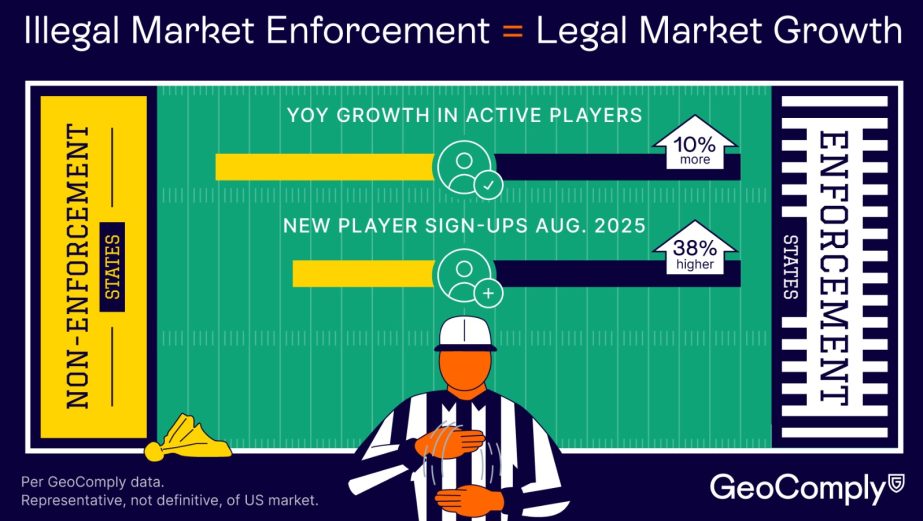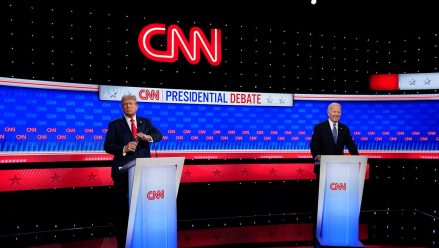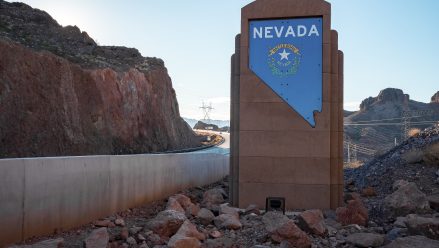New search data from the Sports Betting Alliance (SBA) builds on previous data and studies showing that offshore sports betting platform Bovada is most searched in states where digital sports betting is not legal. According to the SBA, by percentage, consumers search for Bovada most heavily in Mississippi, followed by Alabama, Georgia, California, and Texas. Mississippi has legal in-person wagering, and lawmakers there have considered legalizing statewide digital betting multiple times, but have not succeeded.
A March 2025 Birches Health study showed similar results — though according to that, Bovada was the No. 1 most searched wagering site in Florida, where the Florida Seminoles have a digital wagering monopoly. The Birches Health data, which used the Blask Index, revealed heavy searches for Bovada in California and Nevada, but also in legal digital betting states including Illinois, Ohio, and Massachusetts. Interestingly, those three states either have an extremely high tax burden (Illinois) or stringent responsible gambling regulations (Ohio and Massachusetts).
“These illegal operators exploit consumers, skip age verification,” SBA President Jeremy Kudon said via press release. “States are losing out by keeping this activity — that is already occurring within their borders — in the shadows.”
Since the beginning of 2025, regulators in legal U.S. jurisdictions have been sending out cease-and-desist letters to black-market operators with some success. And 50 attorneys general banded together, sending a letter to the U.S. Dept. of Justice in August calling for a crackdown on black-market sites.
Evidence mounts
“Our States have heard reports concerning growth in the illicit offshore gambling markets that could be harming our citizens,” the AGs wrote in their letter. “While we as States do all we can to protect our citizens, such unlawful enterprises undermine the rule of law, threaten consumer protection, and deprive our States of significant tax revenues and economic benefits. We seek the USDOJ’s cooperation in ensuring these companies are brought to justice to the fullest extent available under state and federal law, both criminal and civil, for any potential violations.”
In addition, an August University of Mississippi study showed that 60% of Ole Miss students bet online and either did not know or did not care that they were wagering on illegal sites, and an August study by GeoComply showed that in states that attempt to penalize offshore sites, legal platforms benefit. Regulators in Louisiana and Mississippi in June sent cease-and-desist letters to multiple offshore sites, including Bovada.
Among the biggest differences between legal or state-regulated betting sites and non-state regulated betting sites are consumer protections. As an example, state-regulated platforms must put potential consumers through a rigorous know-your-customer process before approving them to wager. Black-market sites, and prediction market platforms that are regulated by the Commodity Futures Trading Commission, are not required to employ similar techniques.








